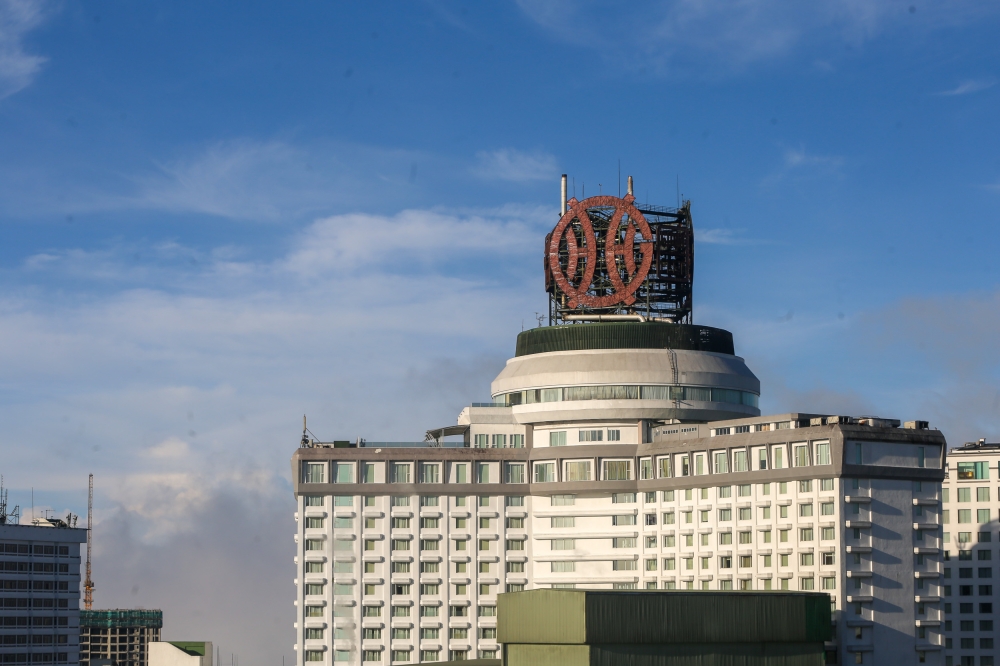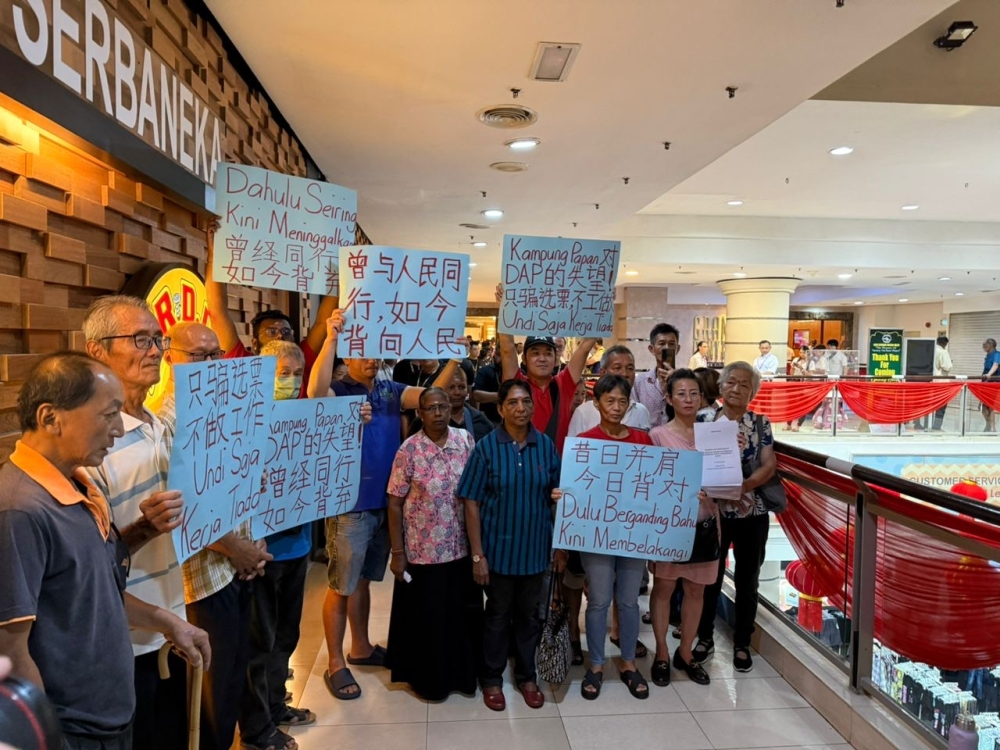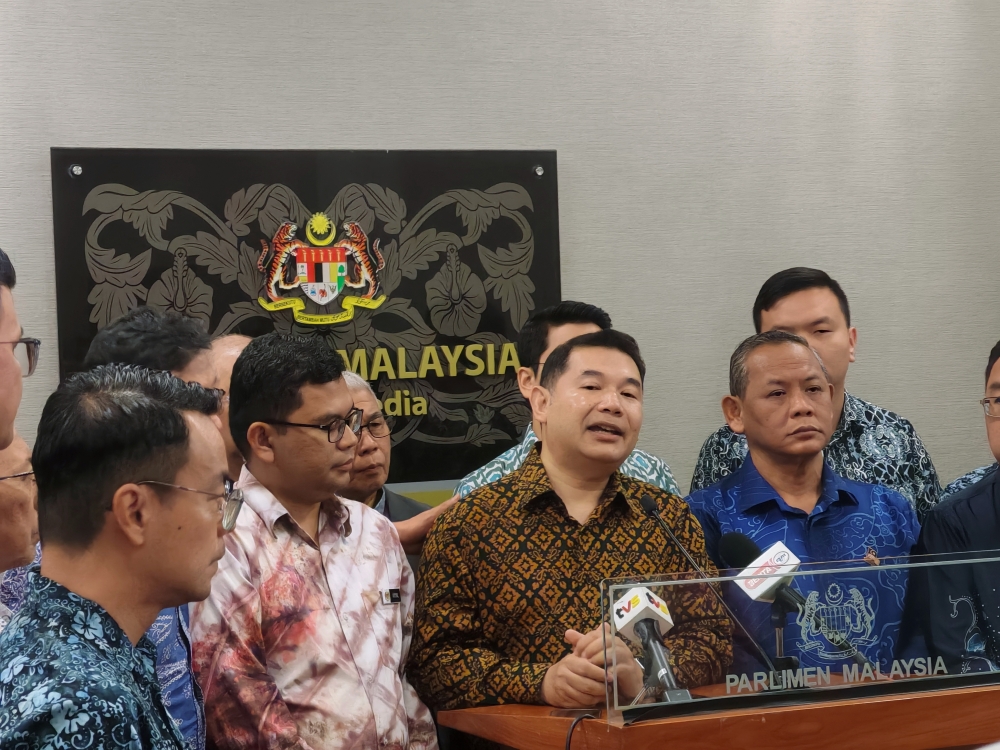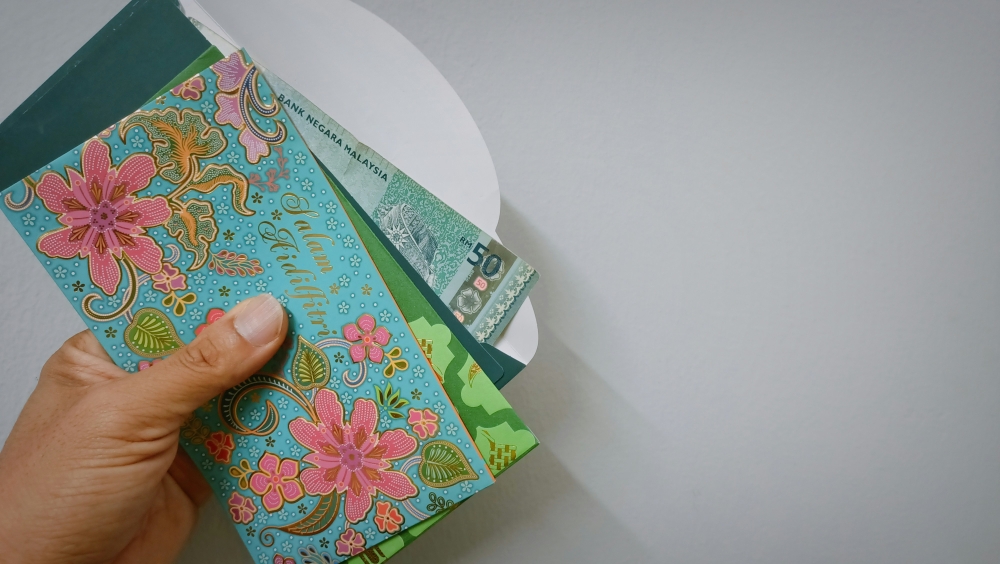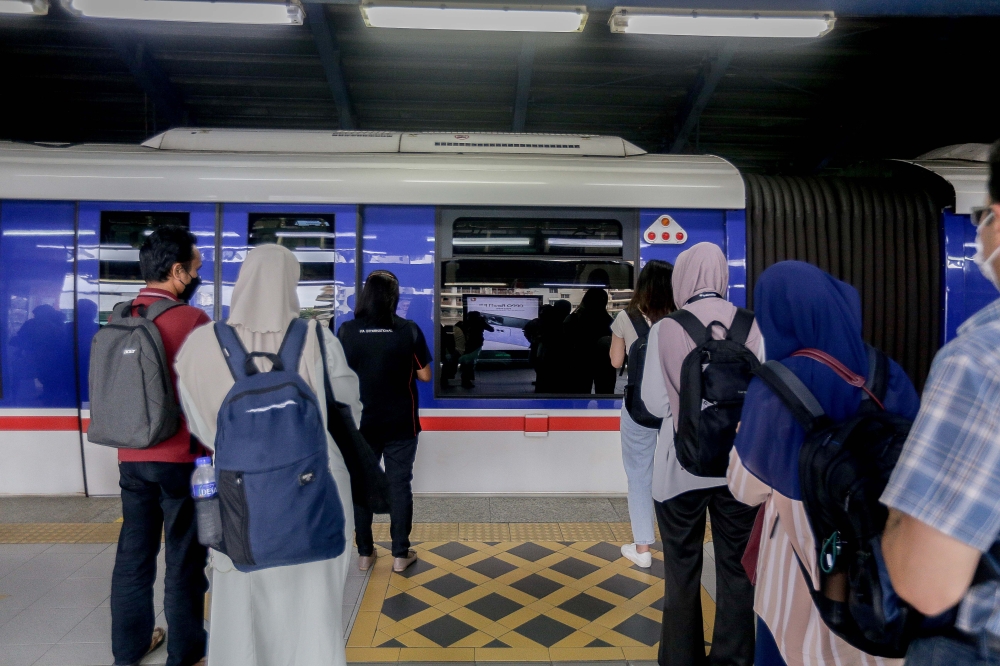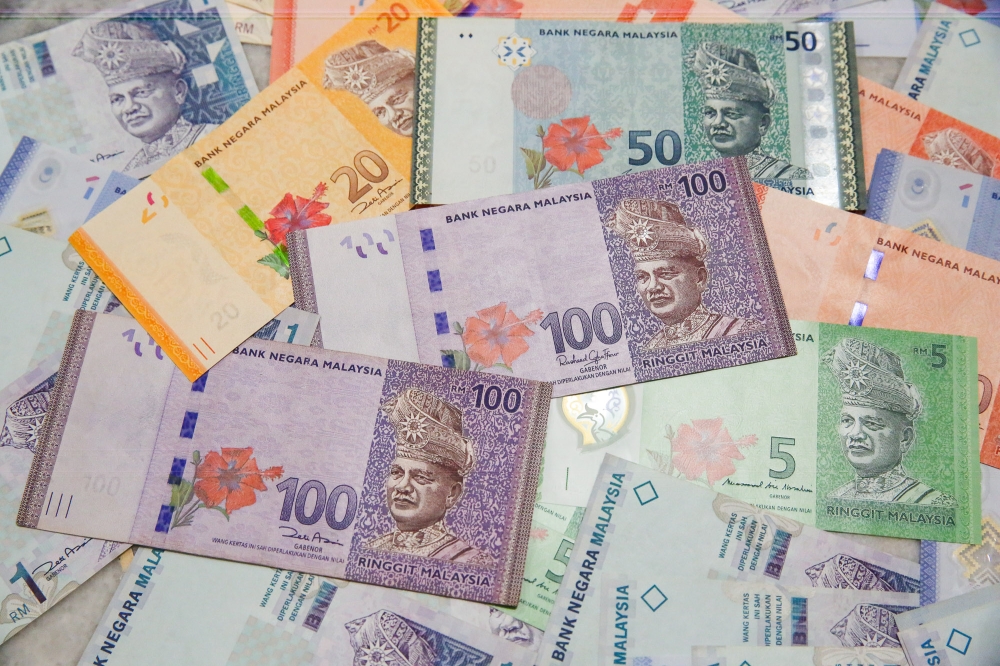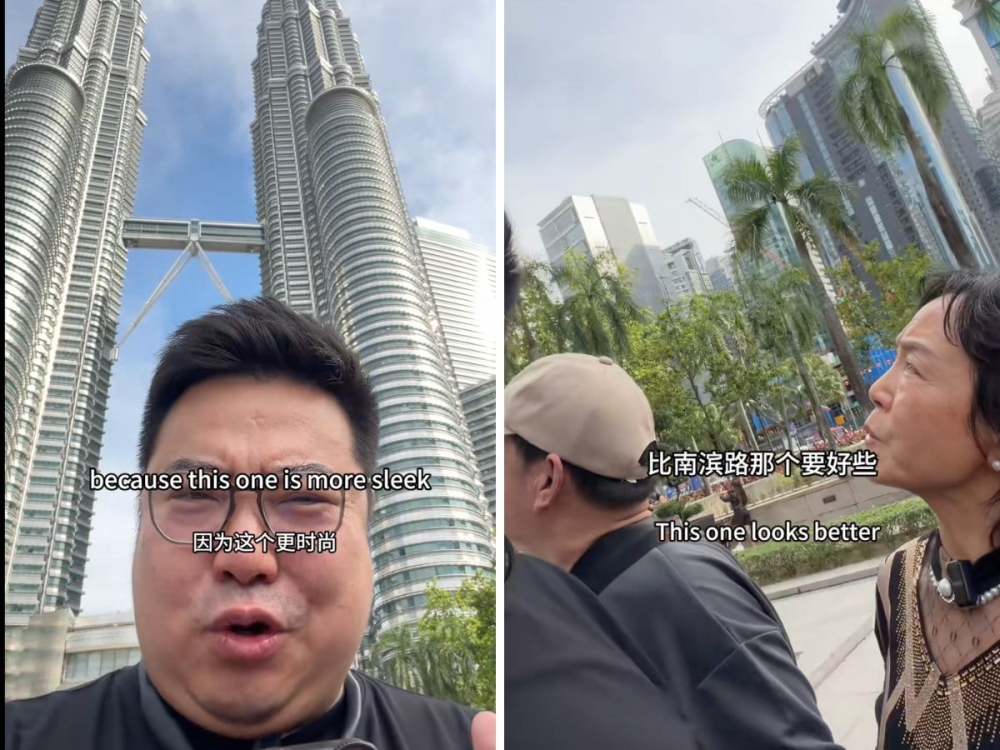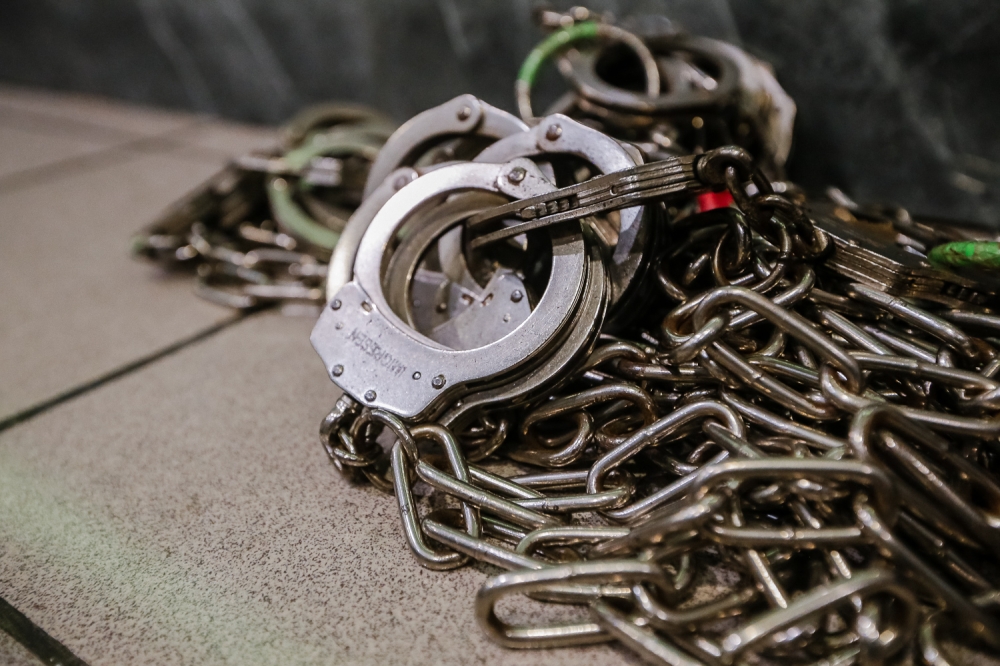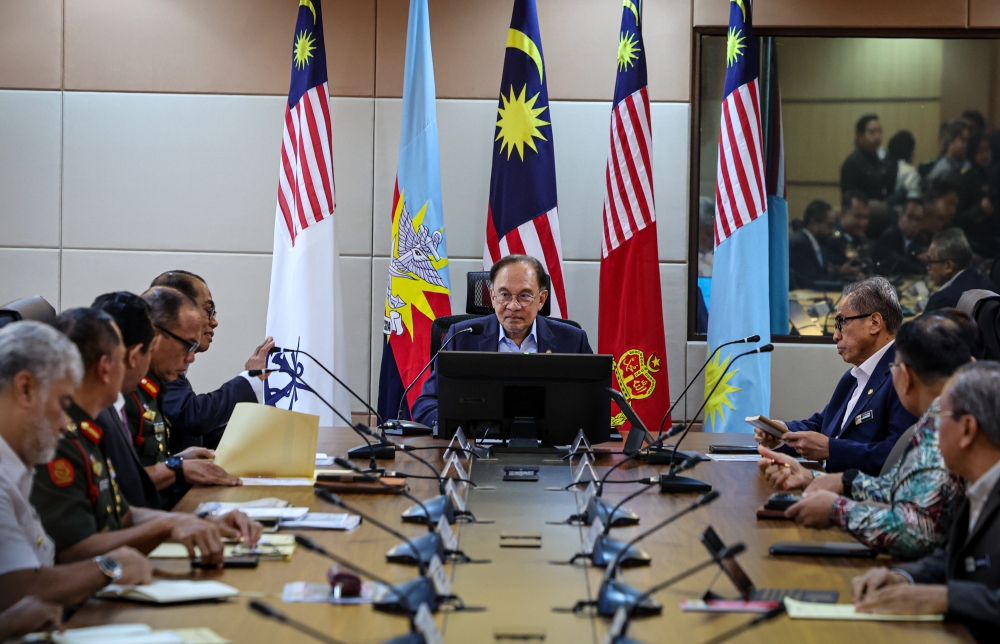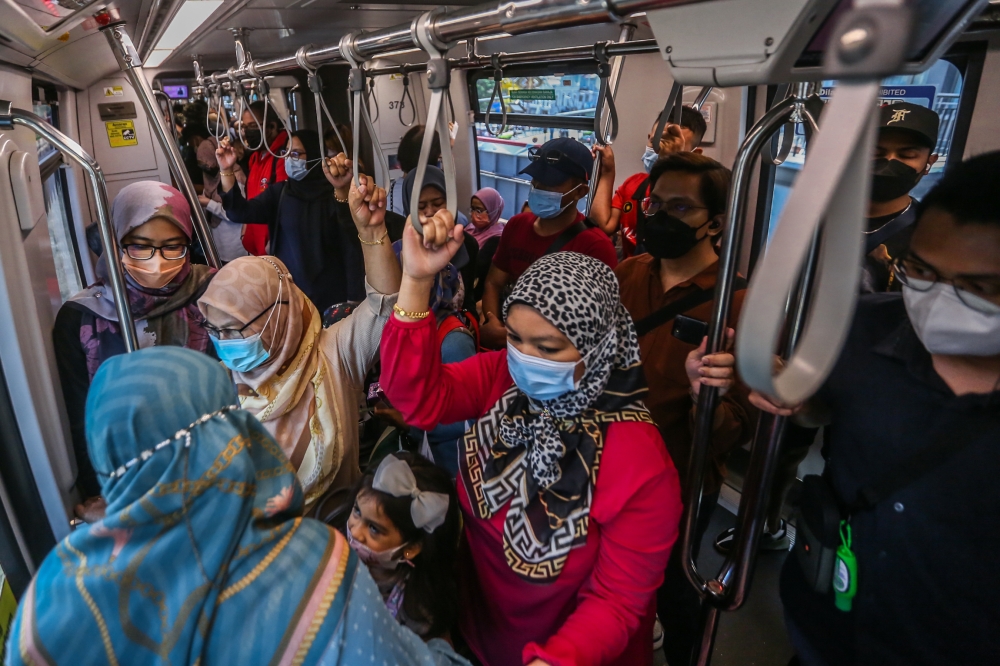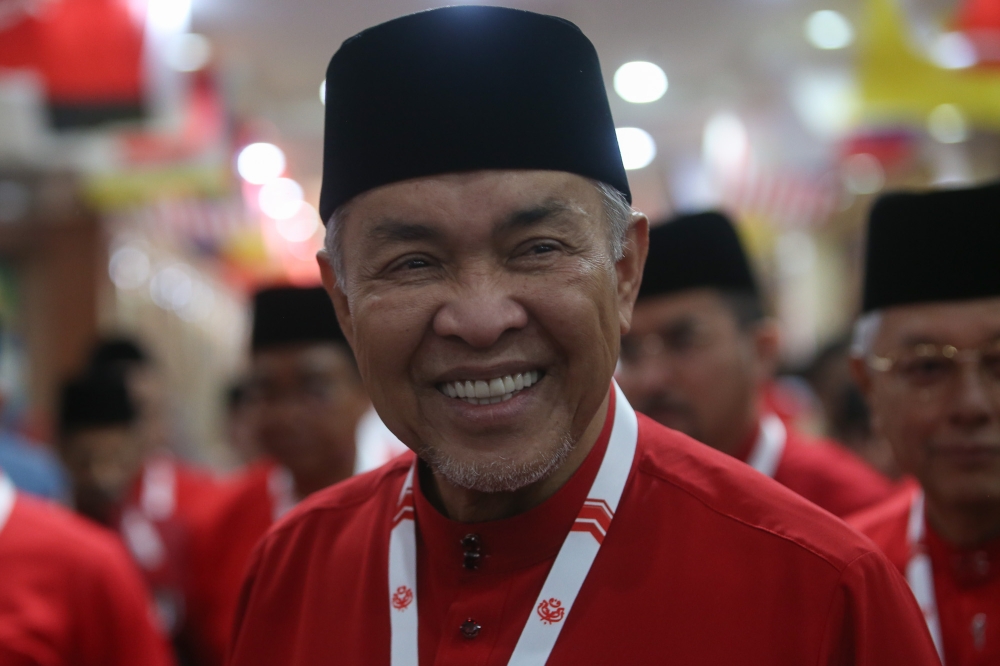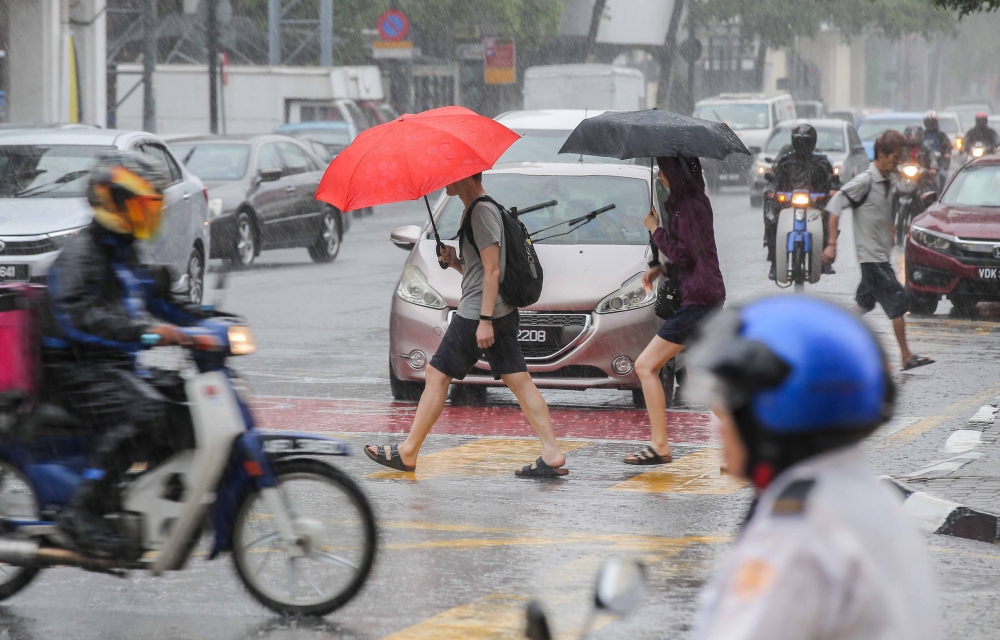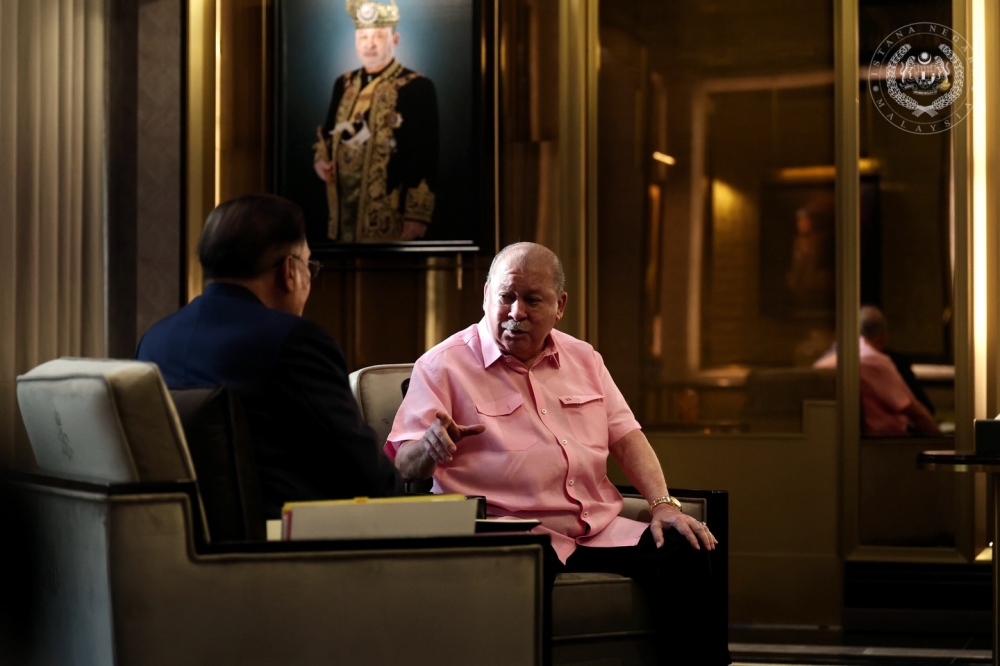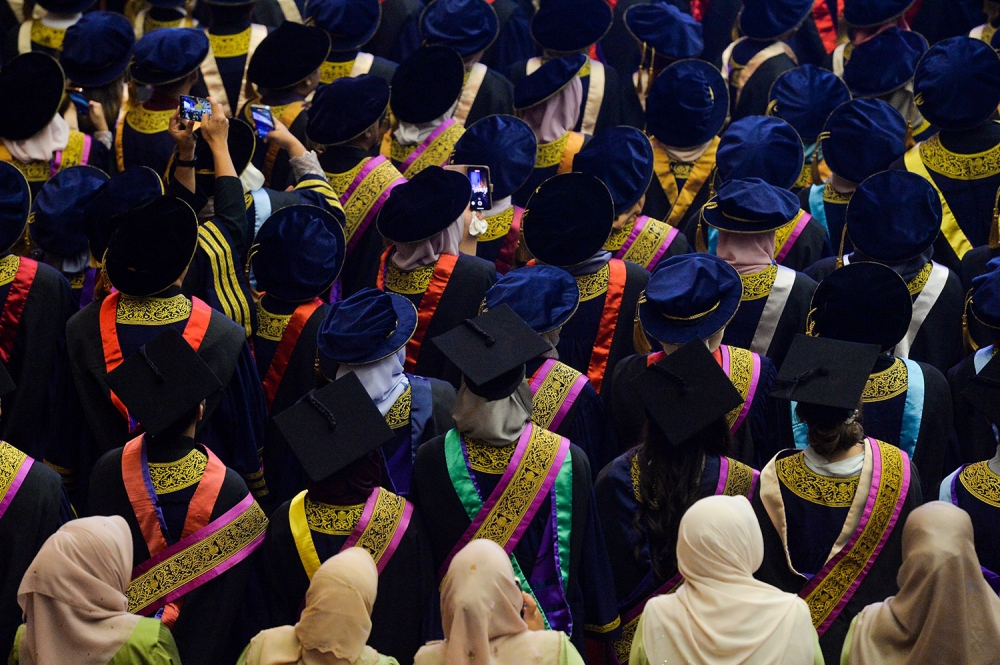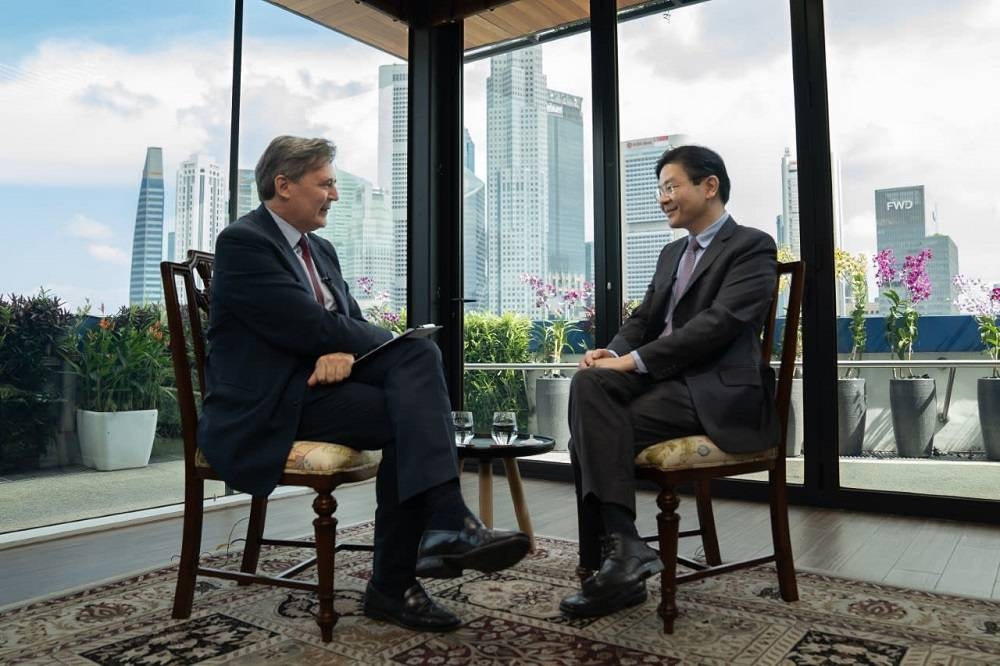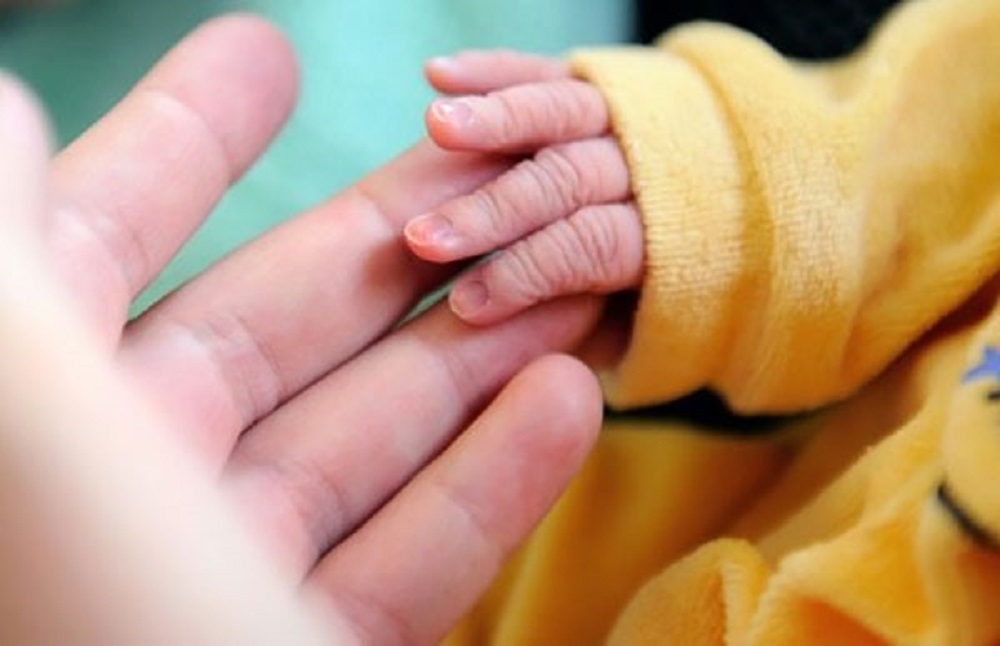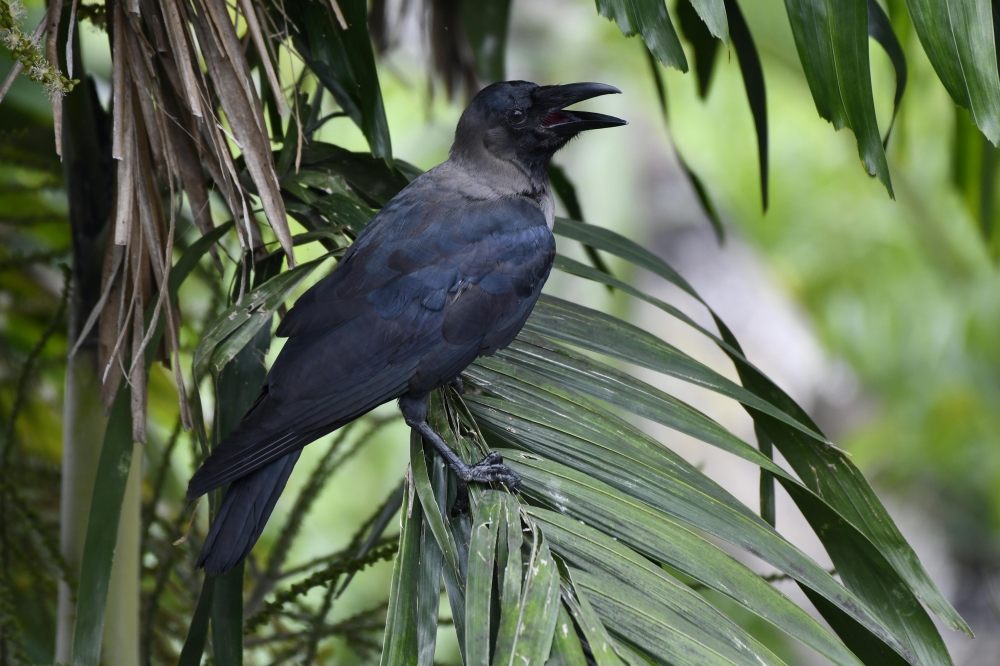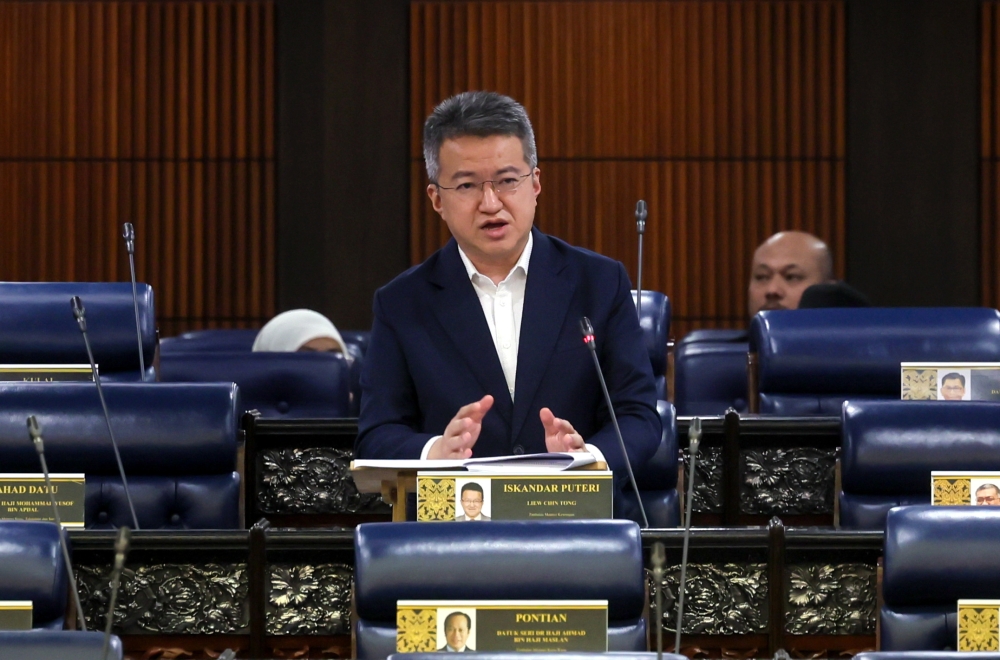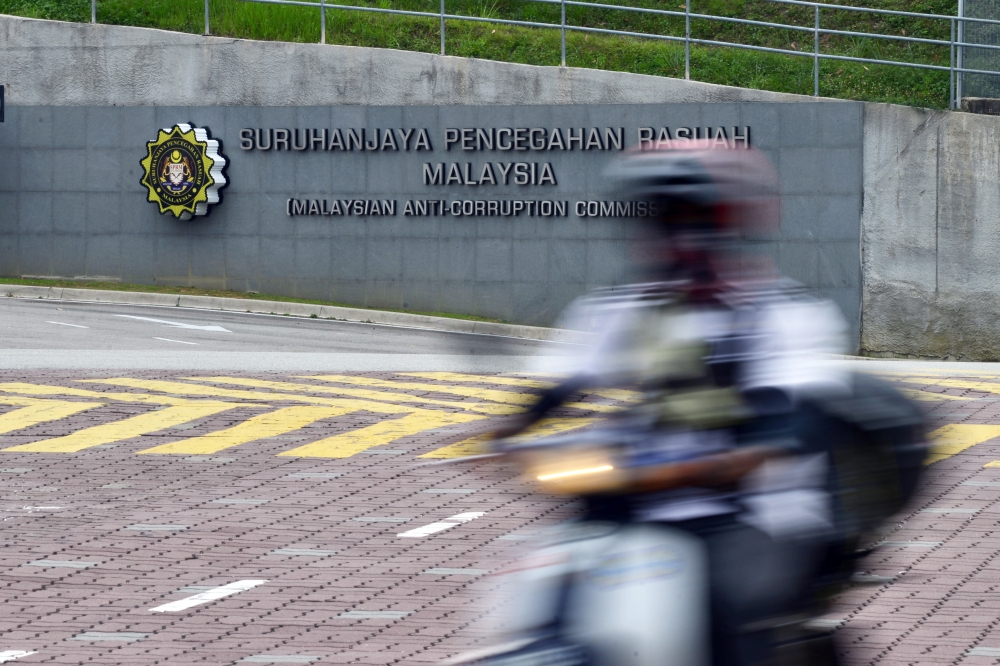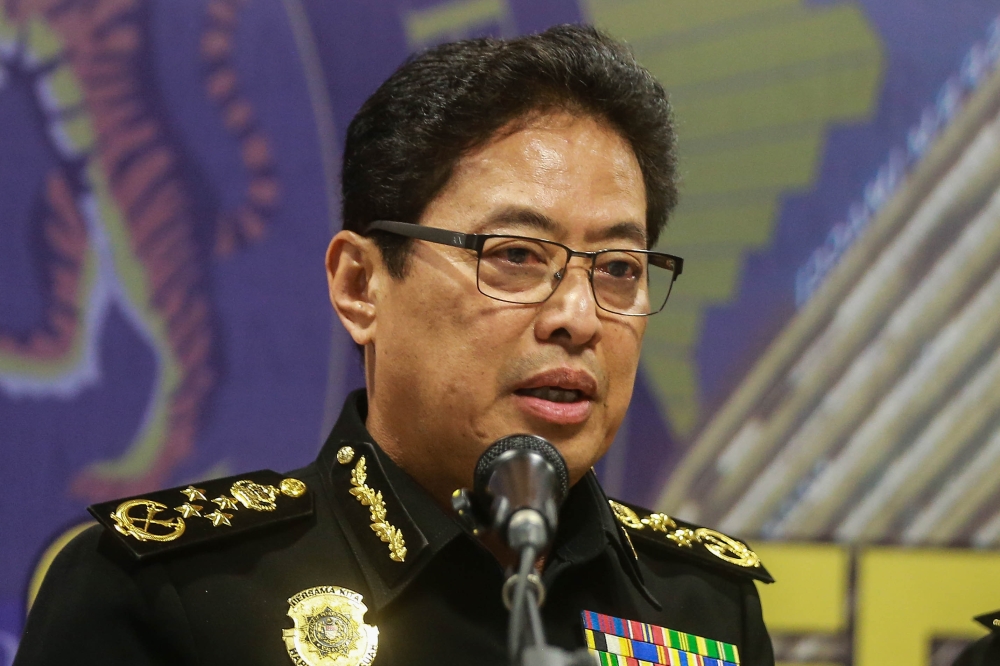SINGAPORE, Aug 16 — Deputy Prime Minister Lawrence Wong said the exact timing of him succeeding Lee Hsien Loong as Prime Minister has not been decided yet, but reiterated two possible scenarios revolving around the next General Election (GE).
In an interview with Bloomberg News Editor-in-Chief John Micklethwait on Monday (August 15), he said the transition could happen before or after the next GE, which has to take place by November 2025.
A transcript of the interview was shared with other media outlets.
Micklethwait began the interview by talking about Singapore’s political succession, which was a topic that he had raised in a previous interview with Lee.
Micklethwait said to Wong: “I suppose that you are now the designated successor, but I have tried to work out the timing on that. When do you think you are likely to take over? Prime Minister Lee, I think, said that he would see Singapore through the Covid-19 process, but you seem to have done quite well in that, so when do you expect to take over?”
In response, Wong noted that the succession planning was disrupted by the pandemic and he and his Cabinet colleagues “are now in the process of deliberating exactly when would that transition be for me to take over from Prime Minister Lee”.
Micklethwait then asked: “Would you expect it to happen before the General Election (GE) in 2025?
Wong’s press secretary Charlene Chew later clarified that his response was referring to the timing of the GE and not the timeframe of the succession.
During the interview, Wong then detailed the two possible scenarios for his succession:
The first could see him taking over as prime minister before the GE.
If this is the case, Wong said he would “clearly lead” the People’s Action Party and the fourth generation of political leaders, or 4G team, in the elections.
Alternatively, he said that Lee could continue to lead the party in the upcoming elections as the prime minister, and then relinquish the position to him “if the PAP wins”.
“These are the options, but we have still yet to make a decision on the actual timing,” said Wong.
In the meantime, Wong said he wants to “start thinking about organising the team, how we might want to go about dealing with our immediate priorities and really take this time to settle into my new expanded responsibilities and portfolios”.
Referring to a popular Netflix drama series, where contestants are violently eliminated as they compete for a prize, Micklethwait noted that Wong seemed to have won a Squid Game-like competition to lead Singapore.
In response, Wong said: “It was never a matter of competition, (and) certainly not the Squid Game.”
He added that the PAP underwent a “very thorough and deliberate process” of thinking about succession planning.
“The plans were disrupted because of Covid-19,” he said. “Then we had to come back together, and we wanted a process that would allow us to choose a leader while strengthening the sense of team within the Cabinet, and we have done that.”
“I have emerged as the candidate my colleagues have chosen to lead the team, I am honoured by their choice, and we are now in the process of deliberating exactly when would that transition be for me to take over from Prime Minister Lee.”
More assistance to cope with inflation if needed
The wide-ranging interview also touched on geopolitics, the global economy and Singapore’s economic outlook.
Micklethwait noted that headline inflation in Singapore currently stands at 6.7 per cent and while this is not as high as in many other places, it is a political issue in Singapore.
He asked Wong if there was more the Government could do to help citizens cope with the high inflation, over and above subsidies targeted at the most vulnerable.
Wong said some of the measures that the Government has previously announced are “still being rolled out in the coming months”.
While he did not elaborate more during the interview, Wong had previously announced in June a S$1.5 billion package to help vulnerable groups and businesses cope with rising costs of living.
Nevertheless, he said the Government will continue to monitor the situation, adding that “if the inflation situation were to worsen, we will certainly be able to provide more assistance”.
For now, he said, he expects inflation to peak toward the end of the year and start to ease thereafter.
“But the big uncertainty is: What is the extent of easing and where will the new inflation rates stabilise then?” he said.
Wong added that it is more likely that inflation will not ease back down to the levels “we were all used to over the last decade or so”.
Inflation rates of between 0 and 1 per cent were in fact a historical anomaly because inflation rates never used to be so low, he noted.
“So it may very well settle at a higher rate, especially considering the geopolitical environment, the supply chain issues that we will have to deal with and the green transition that we are all talking about,” said Wong.
“We will just have to pay that little bit more in order to be greener, in order to have more resilient supply chains, so we have to be prepared for that new equilibrium where inflation is concerned.”
When asked if he had a rough idea of what inflation might be next year, Wong replied in the negative, adding that economists are all studying it and will put out their forecasts in due course.
“But I should also say that we do worry about the risk for growth next year. It is not just an inflation risk; the growth risks are starting to increase as well for next year. That is something that we are watching carefully too,” said Wong.
Wong was then asked if he was still committed to raising the goods and services tax (GST) from 7 per cent to 8 per cent.
Said Wong: “We have to because of the revenue shortage that we face.”
He said there is a higher expectation from Singaporeans for the Government to do more, and that a lot was spent in the last two years to help people cope with the Covid-19 pandemic.
Spending, he said, is expected to continue to rise in the longer term with a rapidly ageing population and the increase in healthcare costs as well.
“We have to do what is right and spend more, but also in a way that is sustainable and responsible and does not leave behind a bigger hole for the next generation, and that means increasing revenues,” he said.
“But as I had explained in the Budget this year, we are doing so in a way that is fair and that is progressive.
‘A fair and progressive system’
To keep doing so, Wong said that Goverment will have to “lean some more in the direction of more inclusive growth”.
“When we talk about a fair and progressive system in Singapore, it means everybody does their part, everybody pays some form of taxes, but certainly the ones with greater means, the rich, the higher income, will have to pay more,” he said.
He added: “And it is not only done through the taxation system, but we also can do it through transfers and spending and make sure that spending is targeted at the lower income and those with greater needs.”
In response, Micklethwait said it seemed that Wong has a “slightly greater emphasis on inequality than the present Government thus had”.
He then asked if Wong saw himself as more of a technocrat or a progressive, to which the latter replied “a bit of both”.
Micklethwait also asked about the upcoming Maintenance of Racial Harmony Act, which is still being drafted.
Wong said the proposal for the new set of laws was prompted by the sharp spike in racial incidents at the onset of the pandemic in 2020.
“We monitor this every year, very closely, and at the height of the pandemic, we saw an increase in racially motivated incidents and we were concerned because racial harmony is something that is critical to Singapore’s existence,” he said.
“Once we start to have internal strife, we are finished because we are such a small city, and so we cannot afford to have divisions amongst ourselves.”
Micklethwait suggested then that the “real test of whether Singapore has come a long way is whether it will be able to have a leader who is not ethnically Chinese”.
To this, Wong said he would certainly welcome a leader in the future who is not from the majority community.
“We choose our leaders on the basis of merit and if there is a leader that emerges down the road who is not Chinese, I would certainly welcome that person.” — TODAY

